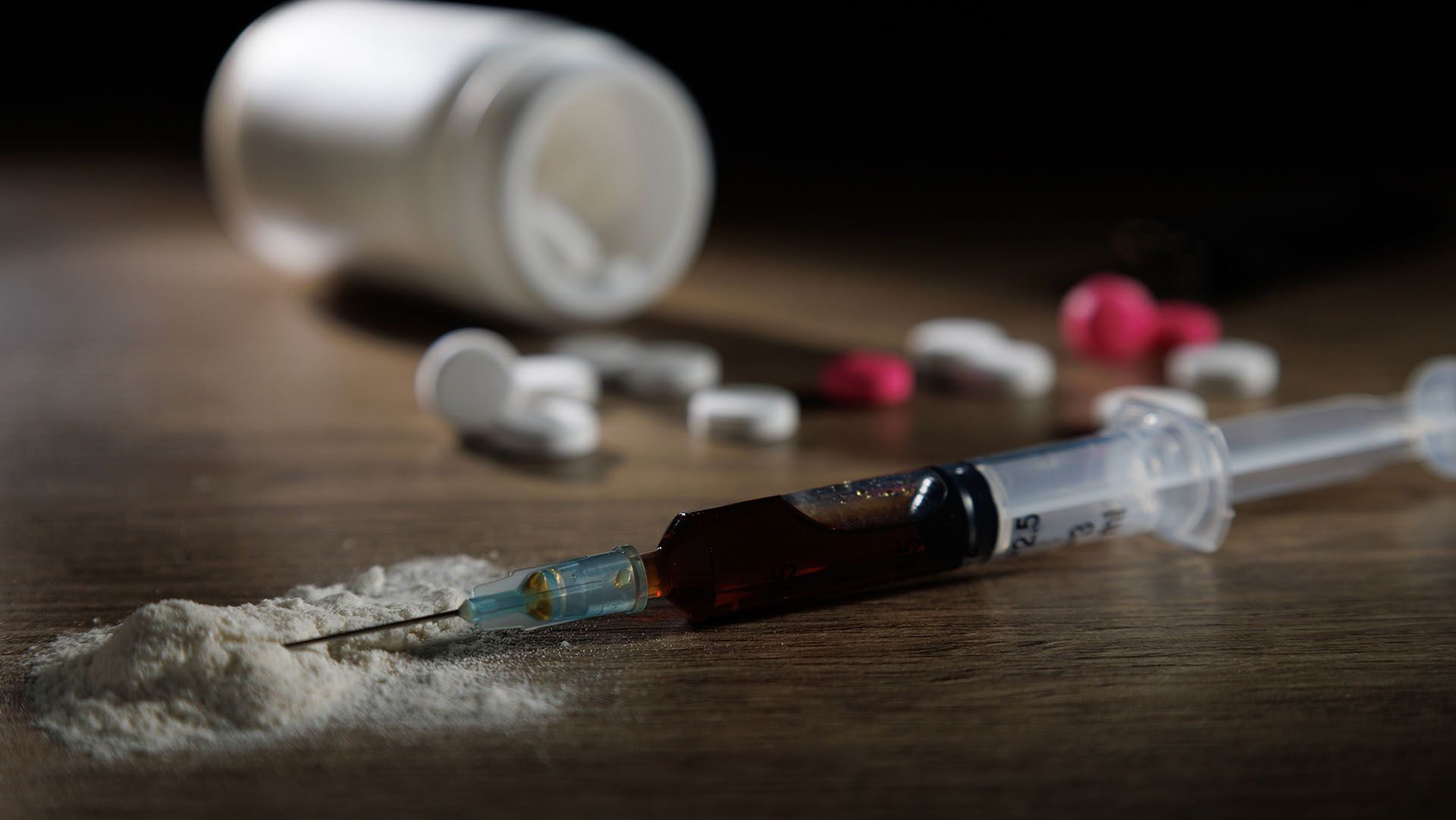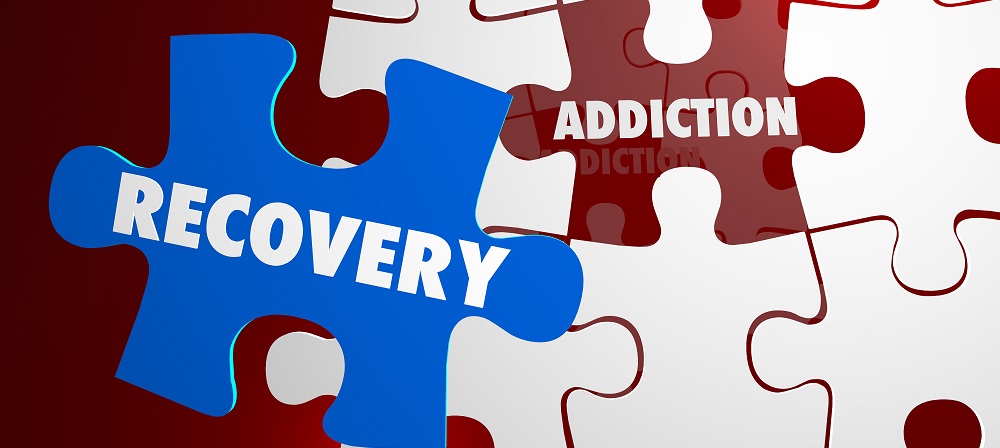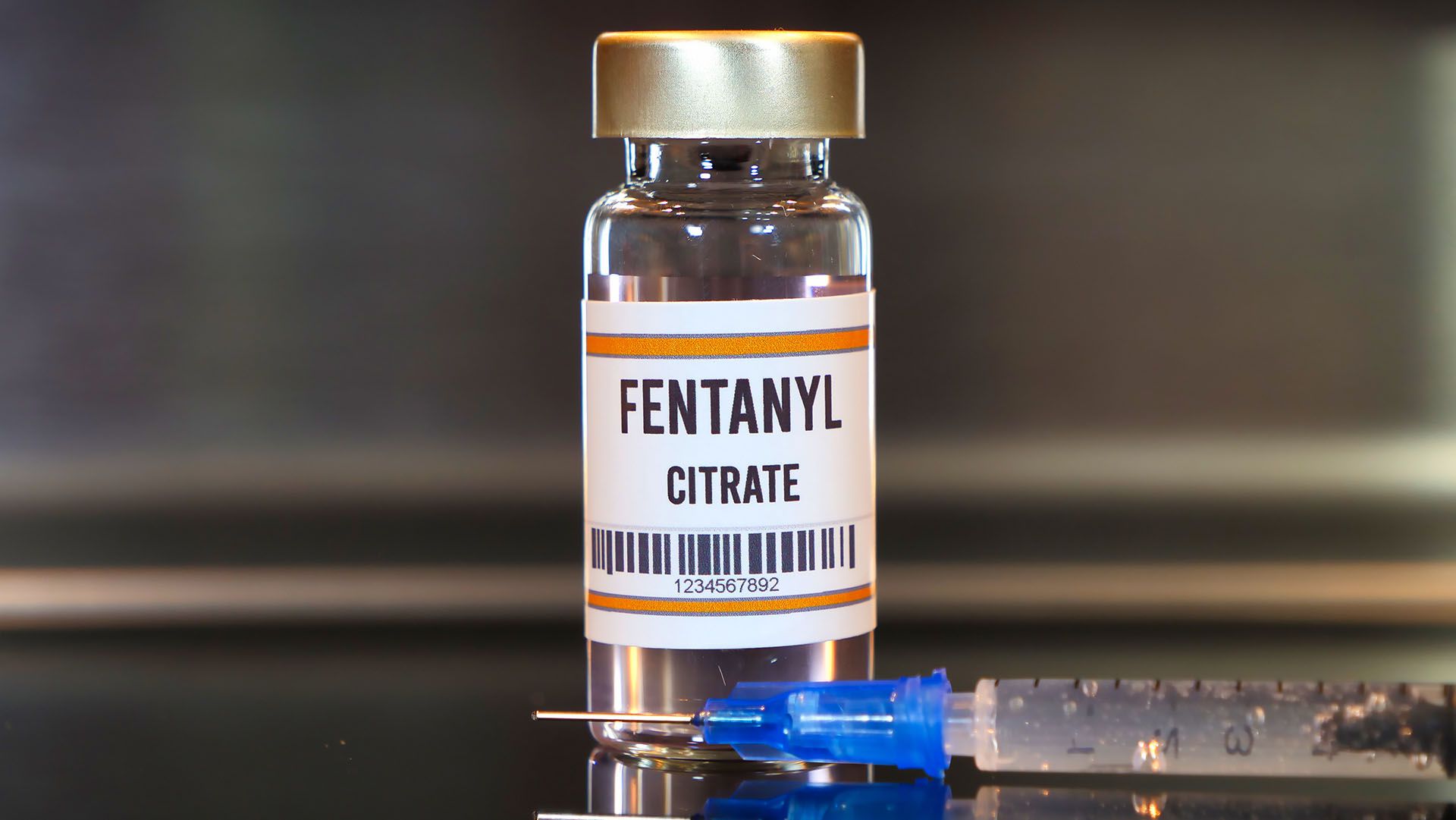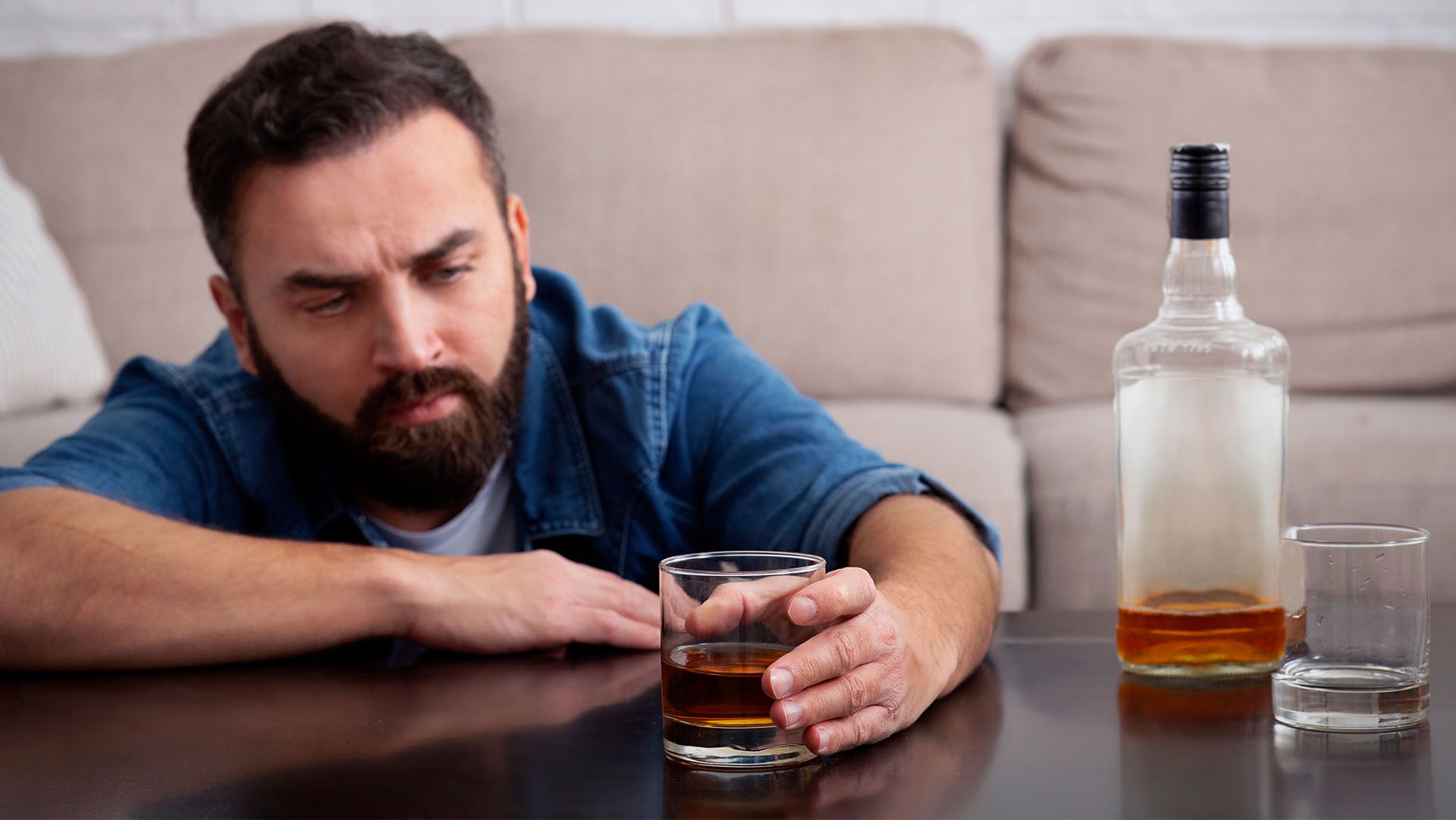Drug Addiction Treatment
If you’re concerned that you or a loved one may have a problem with drug addiction, the time to act is now. Drug addiction is a disease characterized by measurable changes in the brain and body. Drug addiction is not a choice, and it will not go away on its own. We can help you on your journey from an out-of-control life of addiction to the peace and happiness of sobriety. No matter where you choose to pursue drug addiction treatment, make sure they offer the following options.
Medical Care
The first days after you quit using are inevitably among the hardest. You’ll likely experience intense withdrawal symptoms, some of which can become medially dangerous. A skilled physician can help you manage your symptoms and monitor you for signs that you’re suffering from life-threatening drug detox. In some cases, your doctor may even be able to prescribe medication to reduce cravings and mitigate the severity of detox.
The fight for your physical health is just beginning when you finish detoxing, though. Most addicts suffer at least a few physical afflictions, ranging from weight gain to liver failure. Plan on getting a physical every 3-6 months to monitor the aftereffects of your addiction, and don’t shy away from asking your doctor what you can to do minimize the long-term consequences of drug addiction.
Psychological Support
Whether you know it or not, you became a drug addict for a reason. Whether it’s the pain of childhood trauma or a desperate attempt at fitting in, you’ll need help understanding why you’re an addict and what you can do to reduce cravings. A combination of individual and group therapy often works well. Your therapist should address:
- What you can do to cope with cravings.
- Why you’re an addict.
- What specific behaviors might help you reduce the urge to use.
- How to manage relationship issues that resulted from or contributed to your addiction.
Family and Social Care
Like it or not, addiction is a family disease. No matter how well you’ve concealed your addiction, it has almost certainly affected those closest to you, especially if you have children. Likewise, family dynamics—such as an abusive marriage or your parents’ divorce—might have contributed to your addiction. Good addiction care includes support and education for your family, so that they can better understand the disease of drug addiction.
If you’re like most addicts, you’ll also need help making things right with your family. Any good recovery program should include assistance for making amends. You should also have access to family therapy and regular visits with those you love the most.
Education
You can’t bring your A-game to the fight against drug addiction if you have no idea what you’re fighting. Good doctors don’t just tell you what to do, and effective addiction recovery programs don’t rob you of your autonomy. Instead, they provide you with the education you need to make the right choices, then let you decide how to manage your addiction. All good recovery programs embrace questions and critical thinking, so don’t be afraid to ask as many questions as you want, and to keep asking until you get an answer that makes sense.
Support for Making Lifestyle Changes
Addiction touches every facet of your life. Otherwise, you could keep it compartmentalized, and wouldn’t need drug addiction treatment. The most effective treatment programs look at how your addiction affects your life, then offer you options for a less challenging and painful sobriety. Some options to explore include:
- How the right diet can reduce cravings
- The power of exercise to improve mental health
- How the right social group can help—or hinder—your prospects for recovery
- Meditative techniques to control cravings
Every addict is different, so what works for one person might not work for you. Keep trying until something is effective, and shy away from treatment programs that offer a one size fits all approach to recovery.
Continuing Care
The journey to sobriety doesn’t end the day you check out of rehab. Between 40% and 60% of addicts relapse, but you don’t have to be among them. The best treatment facilities offer help finding care after you check out. This might include accessing therapy, addiction-savvy doctors, and 12-step programs. And of course, a restructuring of your lifestyle, nutrition, exercise, and social network is almost always a part of the walk to sobriety. Contact Addiction Rehab Centres Canada today!
Further Reading:
Drug Addiction Rehab Program
Drug Addiction Explained
10 Need to Know Facts About Drug Addiction
Drug Addition: Symptoms
Understanding Drug Addiction
NIH: Types of Drug Addiction Treatment Programs






